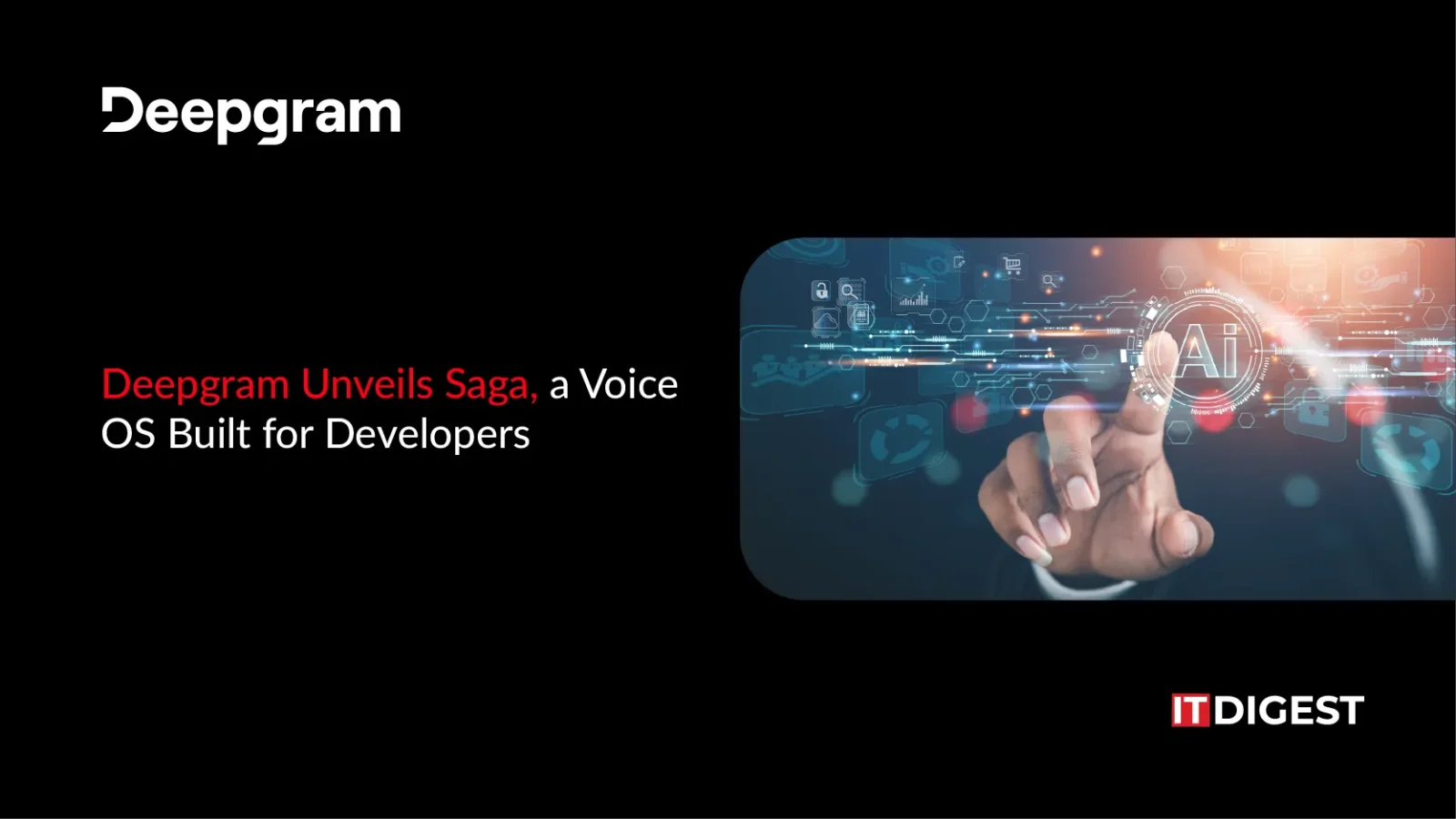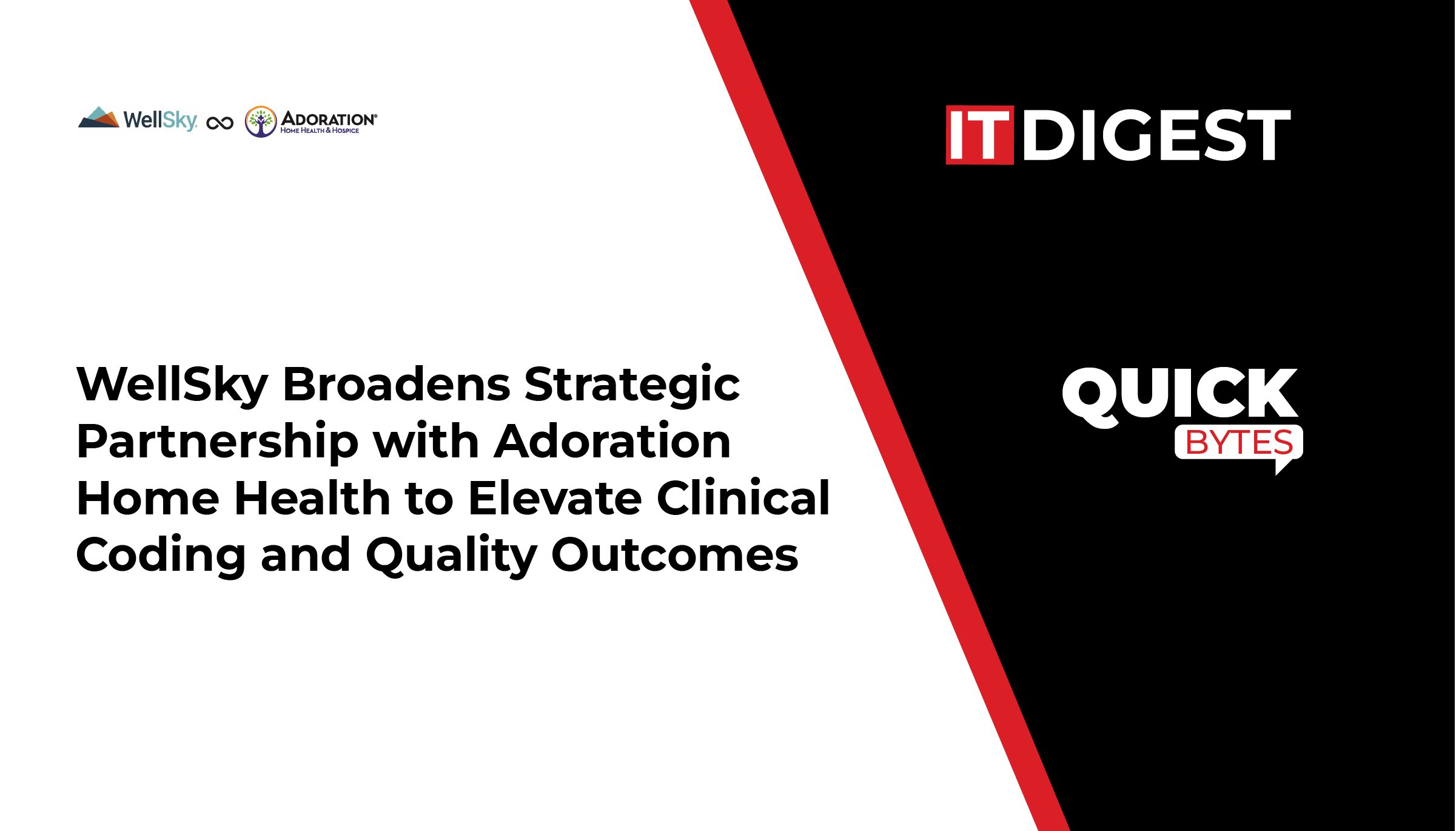Deepgram, the leading enterprise voice AI platform, introduced Deepgram Saga, a groundbreaking Voice Operating System (OS) engineered specifically for developers. Saga is designed to act as a universal voice interface, embedding directly into the developer workflow to streamline operations through natural language commands.
Unlike conventional voice assistants that disrupt concentration, Saga integrates seamlessly with existing development environments, eliminating the constant context switching that hinders productivity. By leveraging Model Context Protocol (MCP), Saga translates rough concepts into executable AI prompts and performs complex, multi-step workflows across platforms—keeping developers in their flow state.
“You can talk faster than you can type, and you can read faster than you can write. The modern developer stack has still yet to be reimagined with AI as a first-class operating mode,” said Scott Stephenson, CEO and Co-Founder, Deepgram. “Developers spend too much mental energy switching between tools instead of building. Saga changes that by turning voice into a universal interface – you say what you want to do, and Saga makes it happen across your entire workflow. It’s not another AI tool that’s one tab or panel of many, forcing you to work in a particular way; it’s your new contextualized operating system operating at the speed of voice.”
Also Read: Bio-Rad Expands Digital PCR via Acquisition & Launch
A New Era of Voice-Native Development
Today’s developers regularly toggle between 8 or more tools across multiple screens, converting ideas into commands and navigating countless interfaces just to complete basic tasks. This constant shifting drains focus and productivity-what Deepgram calls the “quiet tax” of modern software development.
Saga addresses this challenge head-on, serving as a voice-native interface that understands developer intent and executes real-time actions throughout the tech stack. From writing and testing code to deploying applications, developers can now use their voice to drive their entire workflow—eliminating friction and boosting output.
AI-First Infrastructure, Powered by MCP
Saga is built for the AI-native developer. It caters to engineers who already embrace AI tools like Cursor and Windsurf, and who think of their development environment as programmable infrastructure. By integrating via MCP and standard APIs, Saga works with the tools developers already know and trust-ensuring zero disruption and maximum interoperability.
“Saga represents a fundamental shift – picking up where traditional voice assistants end and delivering voice as interface,” said Sharon Yeh, Senior Product Manager at Deepgram. “We’re not asking developers to learn new commands or change their tools. We’re giving them a natural way to orchestrate full workflows by turning speech into the fastest path from idea to execution.”

































